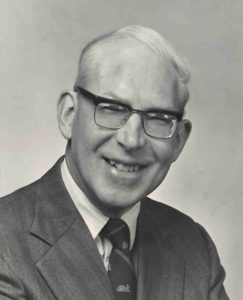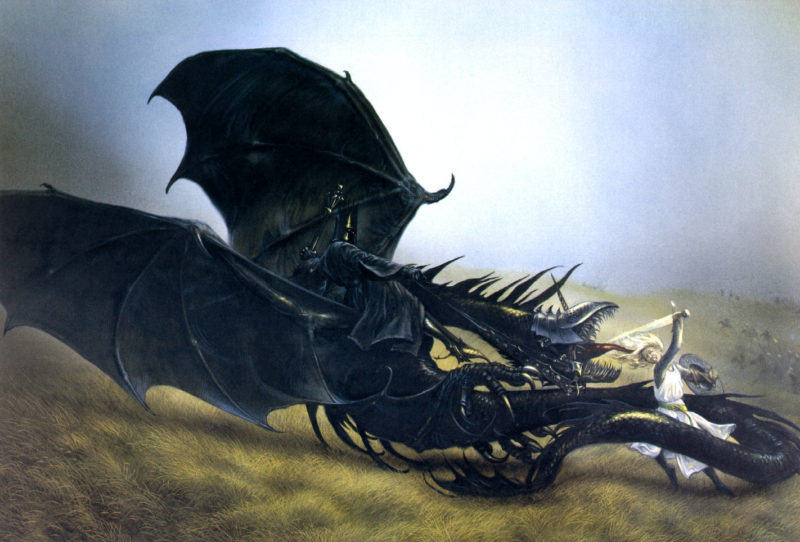A couple great testimonies by men at the top of their respective scientific fields who also happen to believe in things like bodily resurrection.
Ian Hutchinson, professor of nuclear science and engineering at MIT:
“We really believe in the bodily resurrection of the first century Jew known as Jesus of Nazareth. My Christian colleagues at MIT – and millions of other scientists worldwide – somehow think that a literal miracle like the resurrection of Jesus is possible.”
Chris D’Souza, aerospace engineer at NASA:
“As a Christian, I know I’m a fallen human being but that there is grace in the midst of my sin. If I say something in a meeting I shouldn’t have said, I go to the person and ask for forgiveness, knowing that mercy is ultimately offered at the cross.”
To some, it may seem like a complete contradiction in terms to be both a Christian and a scientist, but these men seem to have no problem with it. Hutchinson points out one reason:
“Today’s widespread materialist view that events contrary to the laws of science just can’t happen is a metaphysical doctrine, not a scientific fact. What’s more, the doctrine that the laws of nature are “inviolable” is not necessary for science to function. Science offers natural explanations of natural events. It has no power or need to assert that only natural events happen.”
Can Christianity be reasonable? Can it be rational? If there’s a chance that a man really did defeat death, then it just might be worth checking out.




